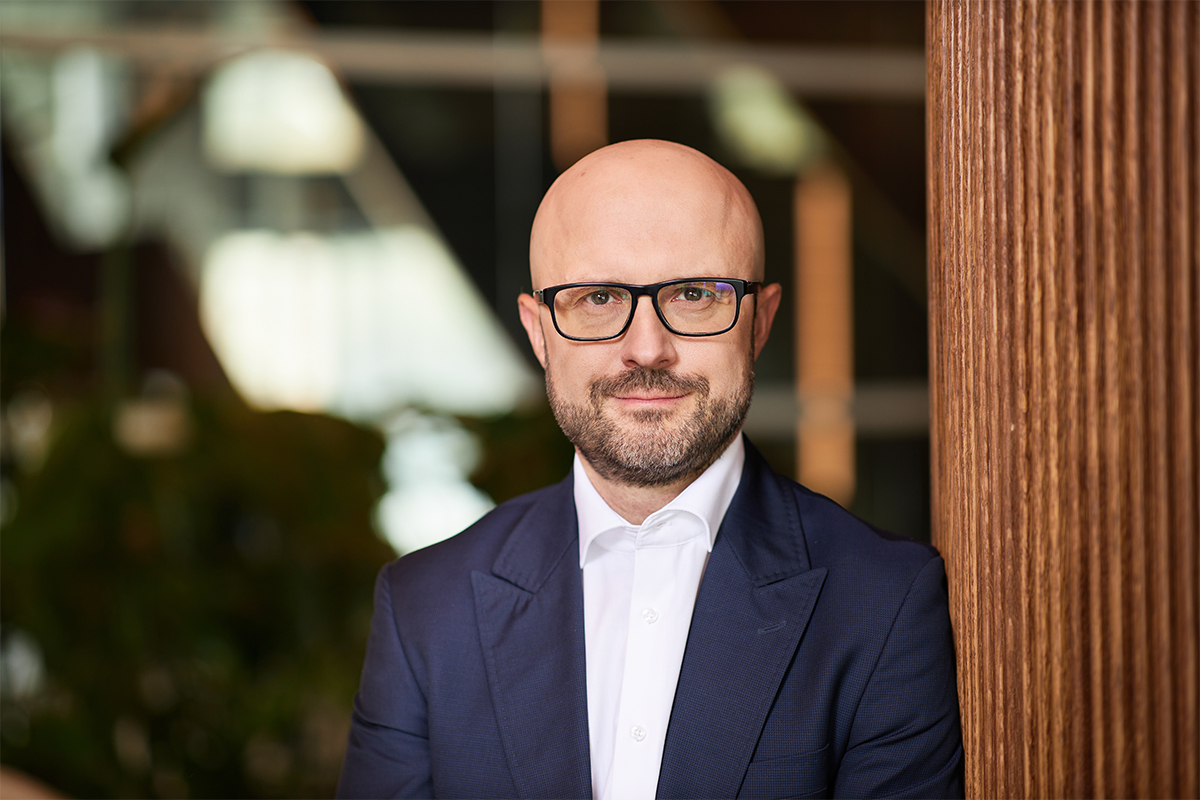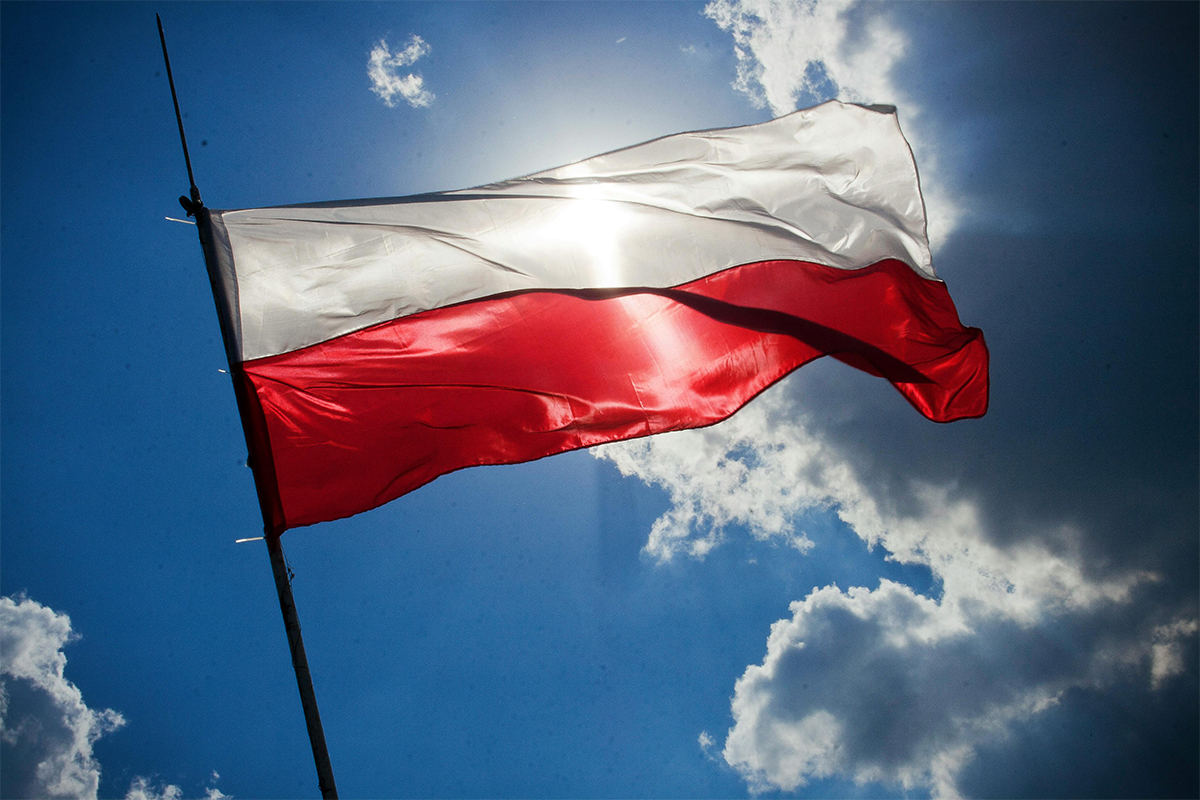
Poland has rapidly emerged as a rising star in Europe’s fintech scene, fueled by a unique blend of collaboration, cutting-edge payment systems, and a growing international reputation. At the forefront of this transformation is Paweł Widawski, President of FinTech Poland, whose decade of experience at the Polish Bank Association shaped his expertise in digital finance initiatives. Now, Widawski leads efforts to foster an inclusive, collaborative environment for a sector that spans nearly 400 companies, encompassing payments, cybersecurity, blockchain, and software.
“Poland’s journey began in 1989 when we had to rebuild our banking system from scratch,” Widawski explains. “Through cooperation, we now have a financial infrastructure that enables card and mobile payments almost everywhere in Poland, making us one of Europe’s leaders.” This early emphasis on collaboration has been a driving force behind Poland’s fintech success. Widawski’s leadership has led to initiatives such as the Polish API—a standardized open banking framework—and Cashless Poland (Polska Bezgotówkowa), launched in 2018 to promote cashless transactions. Developed with partners including Visa, MasterCard, banks, and acquirers, these projects have significantly expanded the acceptance of card and mobile payments, boosting the country’s digital finance footprint.

Poland’s fintech sector also prioritizes usability and seamless digital experiences. Unlike in some Western countries, where outdated systems often hinder progress, Polish banks have developed agile, user-friendly platforms that attract customers and fintech partners alike. “Our banks have designed interfaces that make online and mobile banking fast and intuitive,” says Widawski. “This level of convenience is why fintech companies here often choose partnerships over competition, integrating their services with banks rather than trying to replace them.”
Despite its rapid evolution, the Polish fintech sector faces significant regulatory challenges, many stemming from the implementation of EU laws that often lack a focus on enhancing Europe’s financial competitiveness. The push to balance innovation with strict regulatory measures has sparked ongoing discussions between FinTech Poland, the European Commission, the Ministry of Finance, and the Financial Services Authority (FSA). “Regulatory barriers are our biggest hurdle,” Widawski acknowledges. FinTech Poland is helping its members prepare for major EU-wide regulations, such as MICA, PSD3/PSR, FIDA, and the Digital Operational Resilience Act (DORA). “With DORA on the horizon, we’re actively equipping companies to meet data security standards and ensure resilience across the financial sector,” he adds.
“Collaboration is Poland’s secret weapon—it’s how we’ve built one of Europe’s most advanced financial ecosystems.”
Paweł Widawski, President, FinTech Poland
Widawski emphasizes the importance of tackling security concerns, fraud prevention, and financial crime. Initiatives like the Standard of Cooperation Between Financial Institutions and Crypto Asset Providers aim to establish clear frameworks for collaboration while mitigating risks in the fast-evolving crypto market. “With cybercrime and financial fraud on the rise, protecting both companies and consumers is a top priority,” says Widawski. “The scale and sophistication of financial fraud have escalated, and we’re committed to equipping the sector to tackle these threats head-on.”
While Polish fintech companies thrive locally, international expansion remains a challenge. “Given the size of our local market, many Polish fintechs feel no urgency to expand beyond our borders,” Widawski explains. “Our economy is strong, and there’s a psychological barrier—companies often see the domestic market as sufficient.” To address this, FinTech Poland collaborates with the Polish Investment and Trade Agency to provide resources that help companies explore opportunities abroad. Events like Warsaw Finance Week now draw significant international participation, allowing Polish fintechs to showcase their innovations on a global stage. “This year, we’ve made valuable connections for our members at events across Europe, Asia, and Latin America,” says Widawski. “These efforts are helping position Warsaw as a financial center of real influence.”

Artificial intelligence plays a critical role in maintaining Poland’s competitive edge in global fintech. Already a staple in fraud detection and customer service, AI enables fintech companies to streamline operations and enhance security. Widawski highlights BLIK, a mobile payment system developed by Polish banks, as an example of local innovation meeting consumer demand. “AI is helping Polish fintechs compete with global players, especially in areas like cybersecurity and identity verification,” he notes. He sees AI continuing to play a pivotal role in addressing challenges such as customer personalization and real-time fraud detection.
The country’s rich pool of tech talent is another vital asset driving these innovations. Despite Poland’s economic ties to Western Europe, its diversified economy keeps it resilient to external market fluctuations. Widawski points to the diversity within Poland’s fintech ecosystem, which spans payments, cybersecurity, blockchain, and FX markets. “Our fintechs bring local talent to the forefront, covering all subcategories and keeping our sector competitive and resilient,” he says.
However, diversity in leadership remains an area for growth. While Poland’s workforce has historically included many women, fintech leadership roles are still predominantly held by men. “The sector has room to grow here,” Widawski acknowledges. “There are many private initiatives supporting women in fintech and tech, and we see more women taking on significant roles, particularly in payments.” Industry events and conferences are increasingly highlighting women’s contributions as a step toward greater inclusivity.
Poland’s fintech ecosystem is poised for significant growth, driven by the challenges of expansion and the opportunities within a tech-savvy local market. “We’re building something special here,” Widawski concludes. “With fintech at the heart of our efforts, Warsaw is on its way to becoming a credible financial center that can hold its own on the European stage.” A combination of strong local talent, an adaptable approach to regulation, and a deepening embrace of advanced technologies like AI has put Poland’s fintech industry on a promising trajectory.









